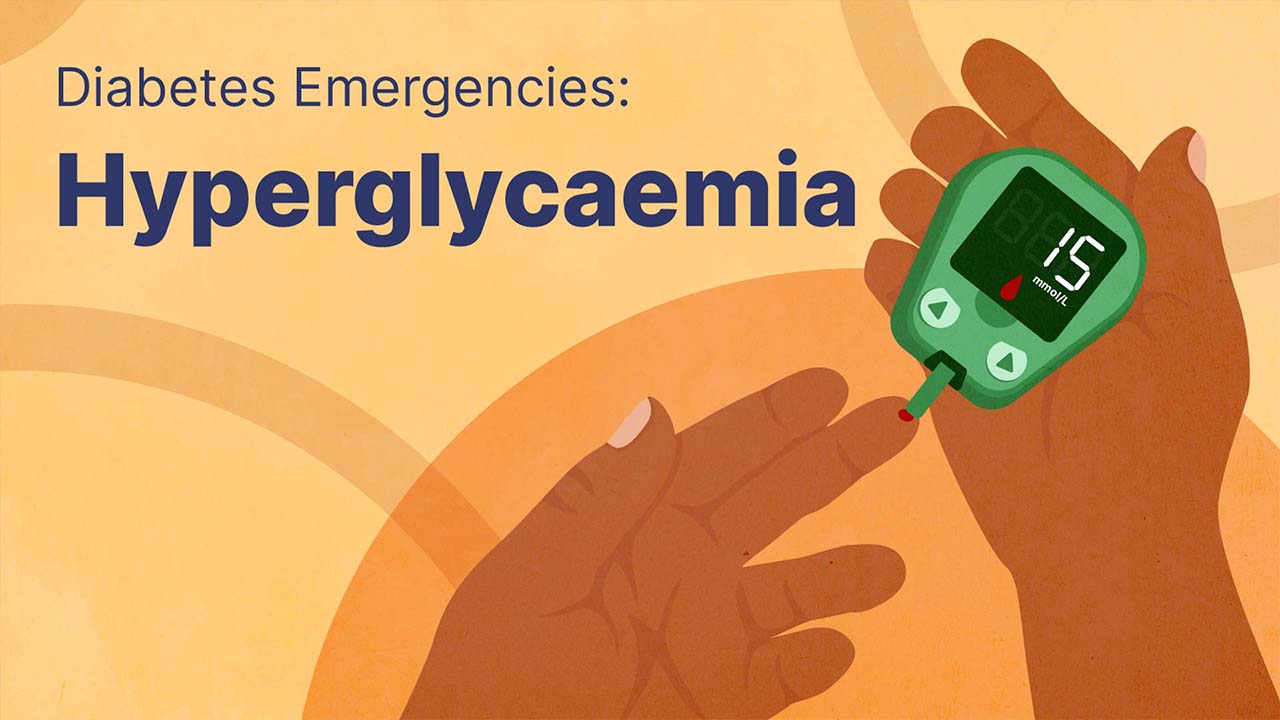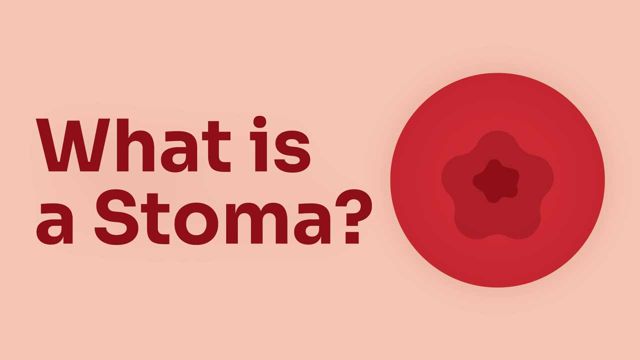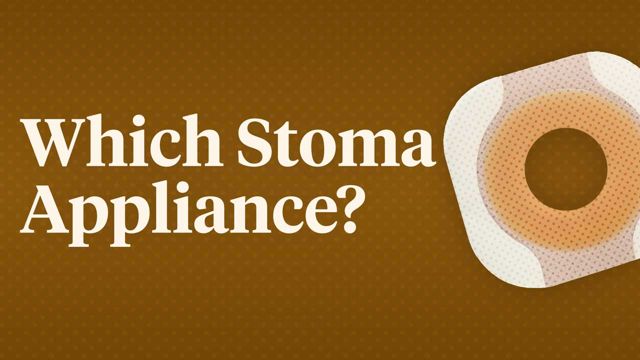Diabetes Emergencies: Hyperglycaemia


Hyperglycaemia is a serious and potentially life-threatening complication of diabetes that requires prompt recognition and effective management. Hyperglycaemic emergencies, such as diabetic ketoacidosis (DKA) and hyperosmolar hyperglycaemic state (HHS), can lead to significant health consequences if not addressed early. Are you confident in identifying, managing, and preventing hyperglycaemic events in people living with diabetes?
This Ausmed Course is designed to equip healthcare professionals with the knowledge and confidence to recognise, respond to, and manage hyperglycaemia across various clinical settings.
Content
What you'll learn:
Differentiate between acute and chronic hyperglycaemia, including diabetic ketoacidosis (DKA) and hyperosmolar hyperglycaemic state (HHS).
Describe the complications of poor glycaemic control.
Explain the pathophysiology, risk factors and clinical presentation of DKA and HHS to support early recognition and timely intervention.
Apply evidence-based treatment and management strategies for hyperglycaemic emergencies.
Recognise the importance of glycaemic targets and monitoring to optimise diabetes management and reduce the risk of complications.
Implement effective sick day management strategies to prevent hyperglycaemic emergencies.
Educate patients and their caregivers on hyperglycaemia prevention, early warning signs and the importance of adherence to individualised diabetes management plans.
Who it's for:
Why it's needed:
Hyperglycaemia remains a critical concern in diabetes management, as it significantly increases the risk of both acute and chronic complications. Acute emergencies like diabetic ketoacidosis (DKA) and hyperosmolar hyperglycemic state (HHS) can be life-threatening if not addressed promptly. Additionally, chronic hyperglycaemia, reflected by elevated HbA1c levels, leads to long-term microvascular and macrovascular complications, increasing morbidity and mortality rates.
Effective blood glucose management is essential to mitigate these risks and improve patient outcomes. Therefore, this course aims to enhance practice by reinforcing the importance of glycaemic control and how it can help prevent complications to improve patient outcomes. By integrating updated guidelines, patient education and proactive management strategies, healthcare professionals can optimise diabetes care and reduce the burden of hyperglycaemia complications.
Purpose:
Topics
Assign mandatory training and keep all your records in-one-place.
Find out more
Recommended resources










 New
New